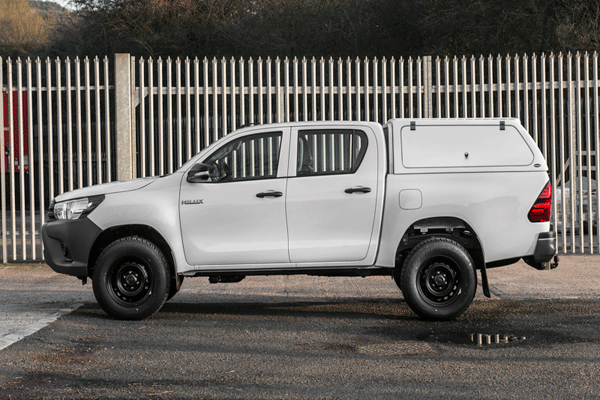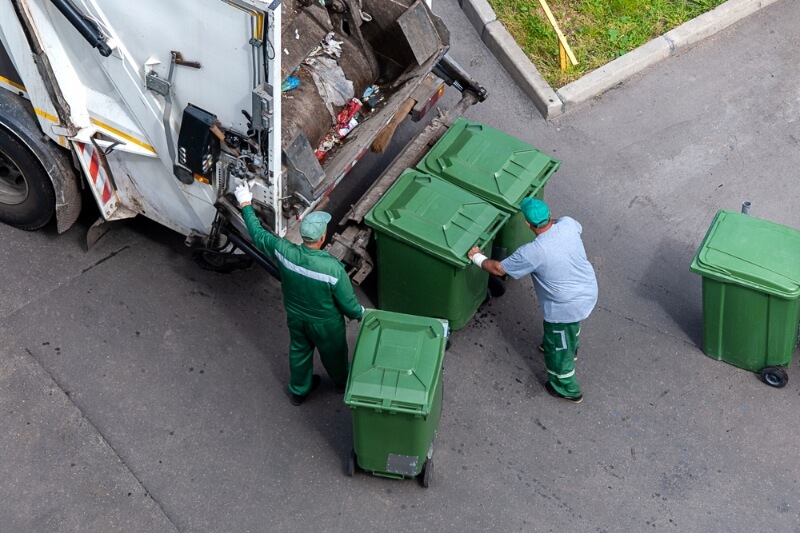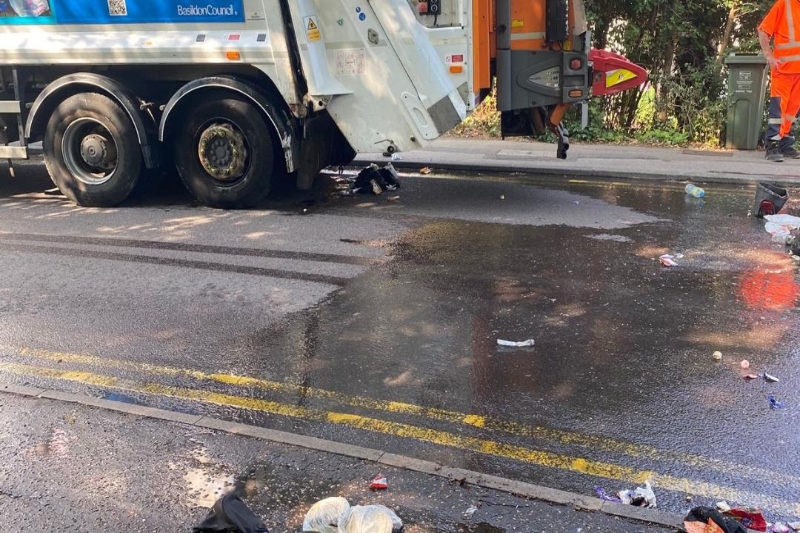Following changes to the law from 1 March that introduce stricter consequences for phone use while driving, TRL's head of transport psychology Shaun Helman, says attitudes and behaviours towards using social media when driving need to be changed.
'Any task that involves holding a device, looking at it and interacting with it during driving will adversely affect driving performance. Typical effects are drifting out of lane, erratic speed control and being less aware of what is around you, resulting in poor anticipation of hazards.
'Recent research by TRL suggests that between 10-30% of road accidents in the EU are at least partly caused by distraction and social media is an increasing risk in this area.
'Even simply speaking on a mobile phone can slow reaction times to sudden events ' as much as being at the legal limit for blood alcohol in England (80mg/100ml of blood). Interacting with social media is even more demanding than simply speaking.
'Drink-driving is socially unacceptable because the behaviour not only puts the driver's life at risk but other road users. Choosing to be deliberately distracted from driving by tasks, such as using social media when driving, also puts other road users at risk and should also be seen as socially unacceptable.
'We know that as mobile technology has advanced, more attention has been paid to distraction when driving. However, we also know that attitudes and behaviours can change for the better.
'Drink-driving was socially acceptable in the 1960s and 1970s, but now it is seen as socially unacceptable by most people. The same could happen with distracted driving, although the development of new technologies may provide alternative solutions.
'Obviously some people, some of the time, value their social connectivity more than they value their safety and the safety of others. It is this perspective that should be targeted'







